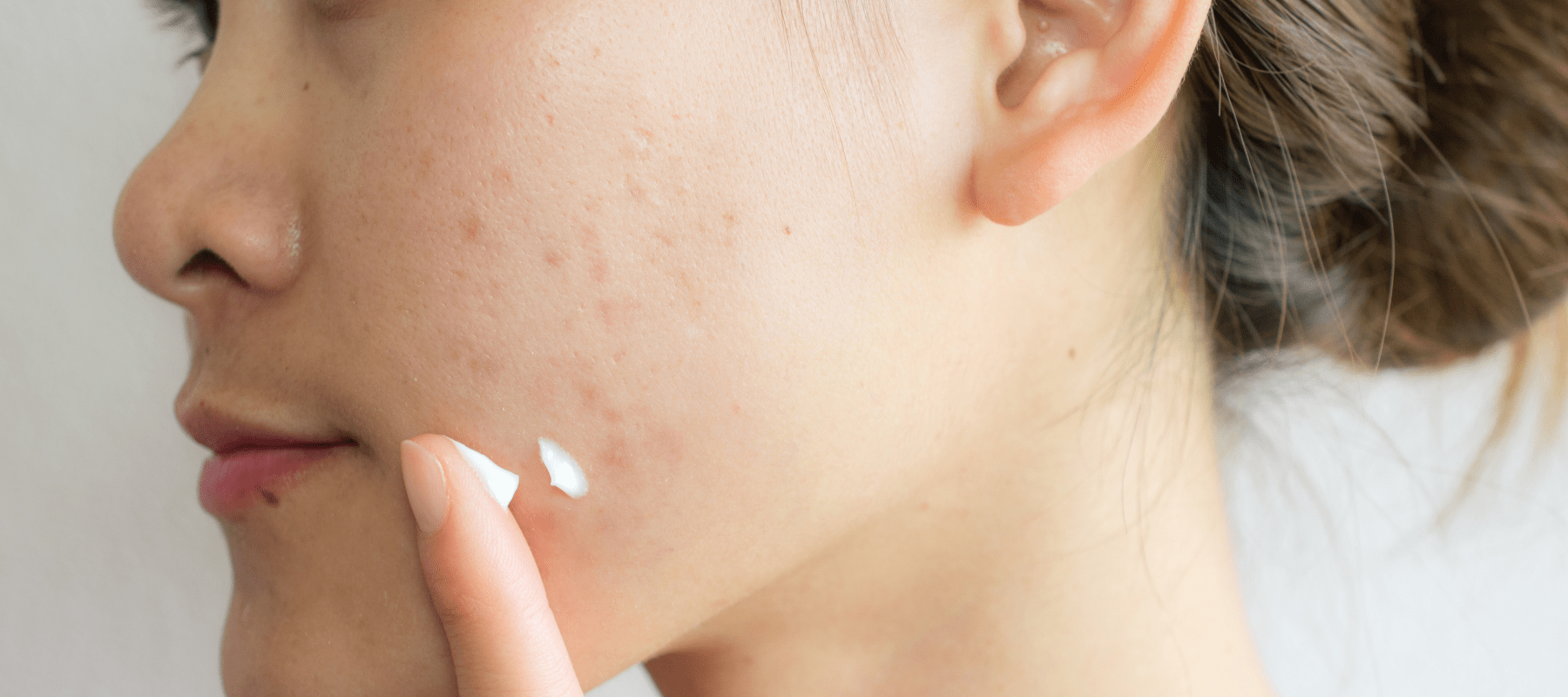
Can Moisturiser Cause Acne?
We all want flawless and healthy skin right? The best technique to achieve that healthy skin is with moisturiser. Still, many people ended up in this article asking the same question: ‘can moisturiser cause acne?’
Well, our skincare regimen, especially our moisturising practices, can occasionally do more harm than good. What you put on your face and how you apply it might have a bigger impact than you might imagine. And if you have skin problems, you might want to consider how you moisturise your skin to address the underlying issue.
So, can moisturiser cause acne, then? Or does moisturiser work well for acne? How can you tell if you've applied moisturiser excessively? So, let’s find out now!
Can moisturiser cause acne
No, moisturisers don't make acne worse. The use of moisturiser by itself is not harmful to acne. However, selecting the proper moisturiser for your skin type is crucial. Moreover, regularly using the correct moisturiser with the right components for your skin type will help lessen outbreaks.
Since your skin appears greasy when you have an acne outbreak, your instinct could be to dry it off. This is a bad choice since it could irritate your skin, causing the sebaceous glands that produce oil to produce even more oil. So this will combine with dead skin cells to block pores and follicles and lead to another breakout.
Does moisturiser reduce acne
Using the right moisturiser can reduce acne outbreaks by calming the face and pulling moisture from the skin’s deeper layers to the surface. The moisturiser also develops a thin protective barrier for the skin, locking in moisture and lowering sebum production.
Moreover, moisturising is crucial for all skin types, especially skin prone to acne. Directly and indirectly, moisturising can help reduce the appearance of acne.
For instance, using a moisturiser in addition to prescription acne medications can increase the skin's tolerance to those medications and encourage treatment compliance. When it comes to immediate benefits, moisturising may benefit acne by:
- Cutting back on oil output,
- Accelerating skin cell renewal,
- Bringing Down Inflammation
So, does moisturiser reduce acne? The answer is YES, and you have reasons to justify why!
Moisturised Skin = Healthy Skin = LESS Breakouts
Why moisturiser can be good for acne
Every skincare routine must include a moisturiser. Since you're worried about acne, you might stop using a moisturiser. However, this could increase sebum production. The skin's natural moisturiser is sebum /oil. And acne is mostly brought on by three factors:
- Excessive oil production,
- A buildup of dead skin cells in the hair follicle,
- Bacteria and inflammation.
Emollient and humectant moisturisers aid in sealing in moisture for skin that doesn't seem oily. One of the crucial steps in managing acne issues is this one. In the end, moisturisers for acne have far more benefits than drawbacks.
How many times should I use moisturiser?
Use moisturiser not more than twice per day to avoid over-moisturising. Also, you risk harming your skin if you consume more than that. It is normally recommended to use 1-3 pumps whenever moisturising. Depending on how your skin feels, change this quantity.
Generally, aim for just one pump if you have any symptoms, such as closed pores or an outbreak. However, if your skin is already somewhat dry, it might not be a terrible idea to aim for three pumps of moisturiser each time you moisturise.
So, now that you’ve got the answer to ‘how many times should I use moisturiser,’ let’s learn the signs of over-moisturising.
Signs you’re over-moisturising your skin
The following skin changes could indicate that you need to modify the moisturiser you use if you detect them in your skin:
Clogged pores
Ingredients that are too occlusive can accumulate too much oil on the skin. The excess oil mixing with surface debris and dead skin cells results in clogged pores. Due to microorganisms trapped beneath the skin, clogged pores can first appear as whiteheads and blackheads but quickly develop into inflammatory acne.
Frequent breakouts
Assume you address or eliminate typical factors for recurrent breakouts. This includes using filthy phones or pillows, experiencing hormone changes, or eating certain foods. In that scenario, make sure you're applying the appropriate moisturiser. Your moisturiser's components could contribute to recurring outbreaks. Fortunately, there are several moisturisers available for skin with acne.
Rashes and redness
Worried about sensitivity or allergic responses? Do a patch test to check. Rashes and overt redness are examples of adverse responses. Avoid using it if you've got an identifiable allergy to a moisturiser or one of its ingredients. Stop using and see your doctor if you get symptoms like itching, redness, pimples, or hives.
Excessive oil production
Choosing the wrong moisturiser can exacerbate existing skin issues if you already have oily skin. If your oily skin is worsening, consider using a lighter texture or combining it with a moisturising face wash.
How much moisturiser should you use?
We advise using a moisturiser before bed and in the morning when you first wake up. Use no more than 1-3 pumps, depending on how your skin feels. Consider the potential causes of any acne breakouts you may be experiencing right now.
You may be able to determine the cause of your breakouts by keeping a log of when they happen, any changes in the foods or detergents you use, or anything else new. After that, modify your moisturiser as necessary. Now that you know ‘how much moisturiser should you use’, explore the moisturising ingredients to avoid.
For those seeking a lightweight, non-greasy acne-prone moisturiser, The Pink Foundry is here to save your skincare routine. With the powerful Acne Care & Healing Gel Moisturiser with Tea Tree & Cica, achieve your moisturising goals in no time.
From soothing and hydrating the skin to quickly healing acne by unclogging pores and controlling excess oil production, the powerful ingredients in this Pink Foundry masterpiece take care of all. At The Pink Foundry, we think having a well-planned skincare regimen is the first step to healthy skin.
So, start today!
Also Read: Benefits of Moisturising Acne-Prone Skin
What ingredients should you avoid in moisturisers?
In general, you should stay away from chemicals like diethanolamine, triethanolamine, and monoethanolamine. These three substances are transparent and colourless. They typically appear in soaps and cleansers but don't mix well with common moisturisers.
Any moisturisers made with mineral oil should also be avoided. Mineral oil, a petroleum byproduct, leaves a skin coating that resembles plastic around your pores. Your pores will soon develop acne due to this clogging them up. You should also avoid using comedogenic moisturisers.
FAQs:
Do moisturisers create acne?
Moisturisers can help with acne when used sparingly. In fact, experts advise applying a moisturiser to acne-prone skin.
Can moisturisers lessen skin oiliness?
Numerous things, including stress, a poor diet, hormonal changes, pollution, and poor skin care practices, might contribute to this extra sebum production. Your skin will become less oily, and your sebum levels will drop if you use the correct moisturiser.
Moisturisers: Can they increase acne?
Applying a small amount of the proper moisturiser for your skin type won't exacerbate acne.






















































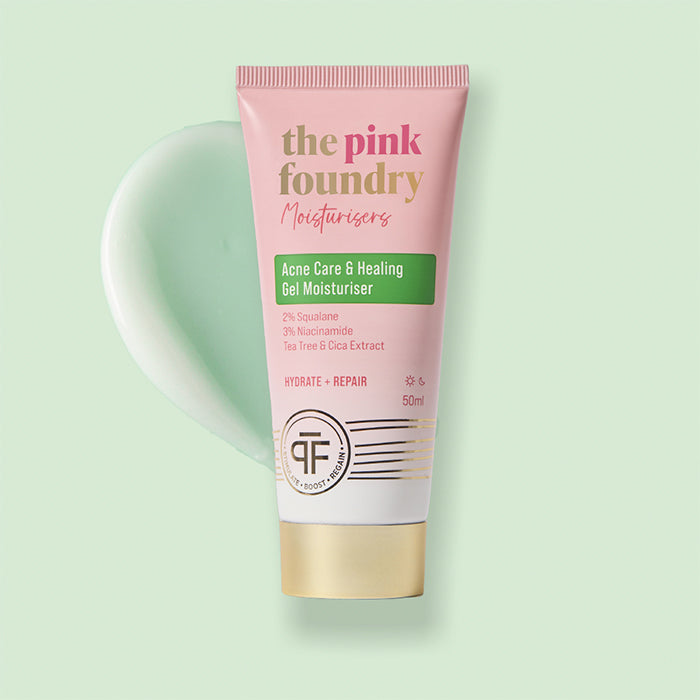
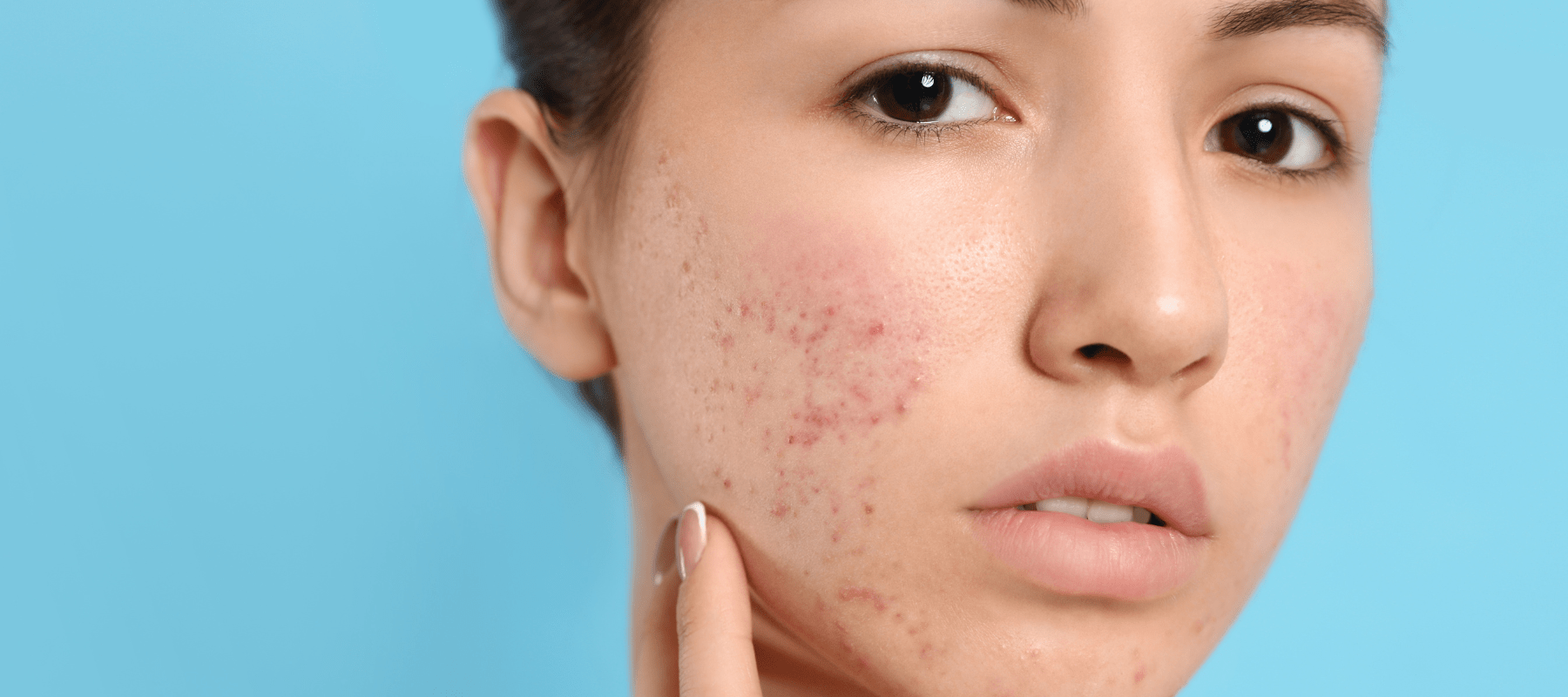
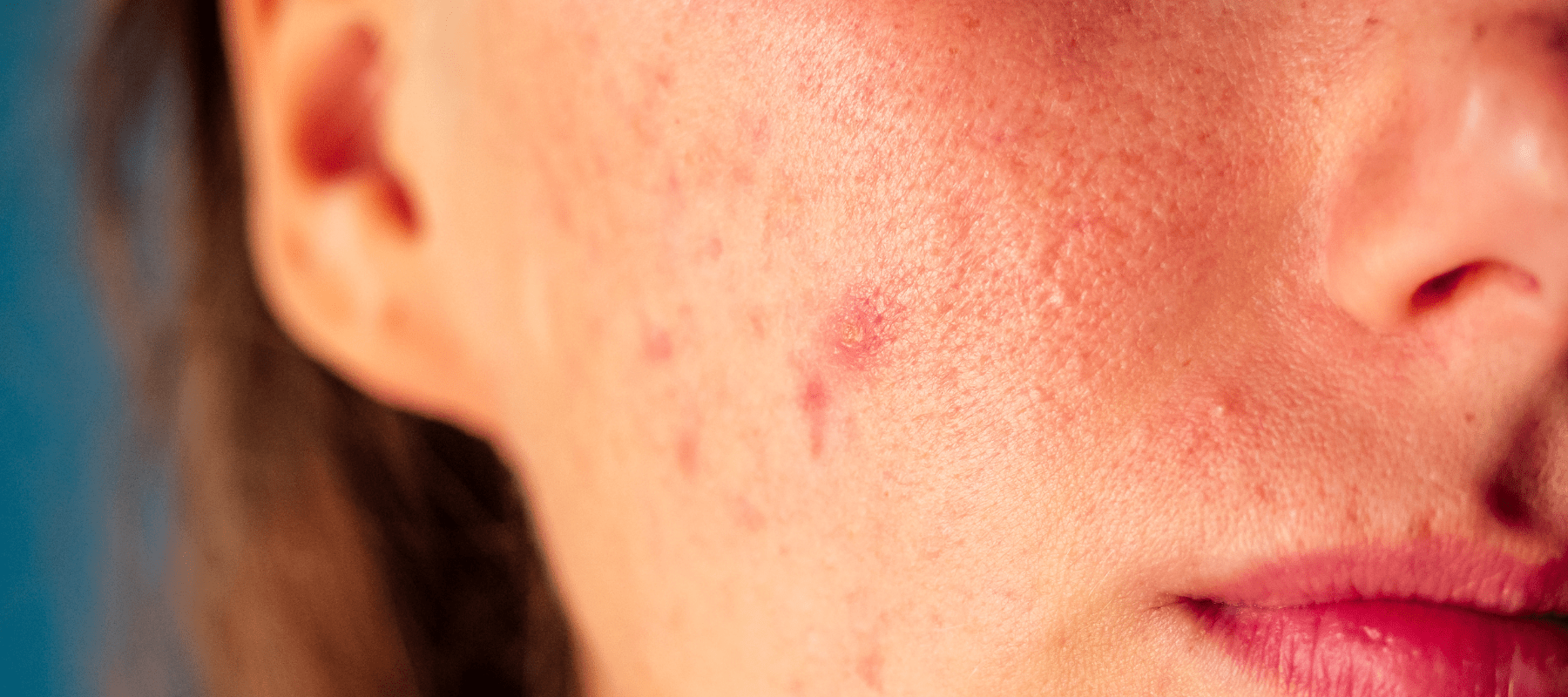
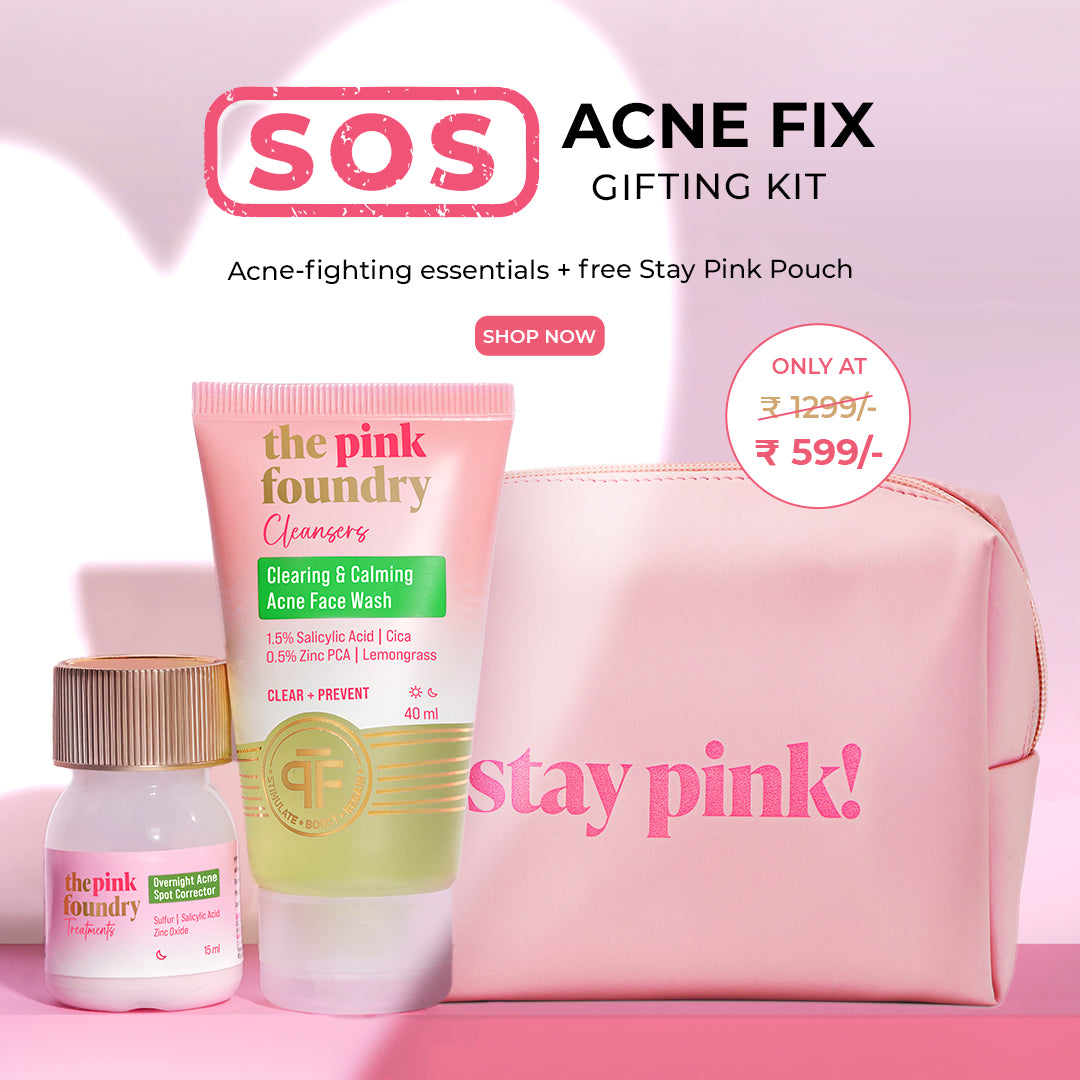
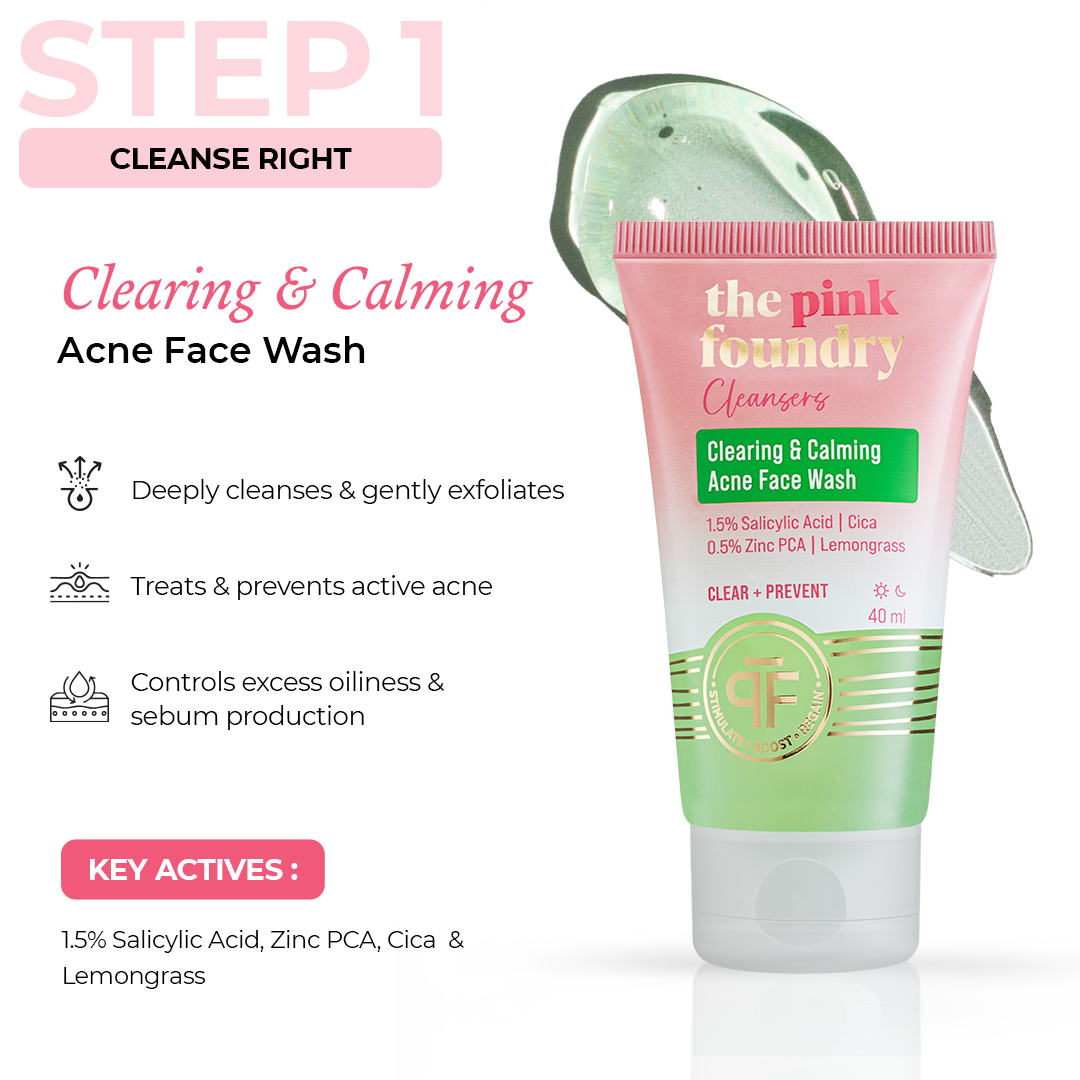




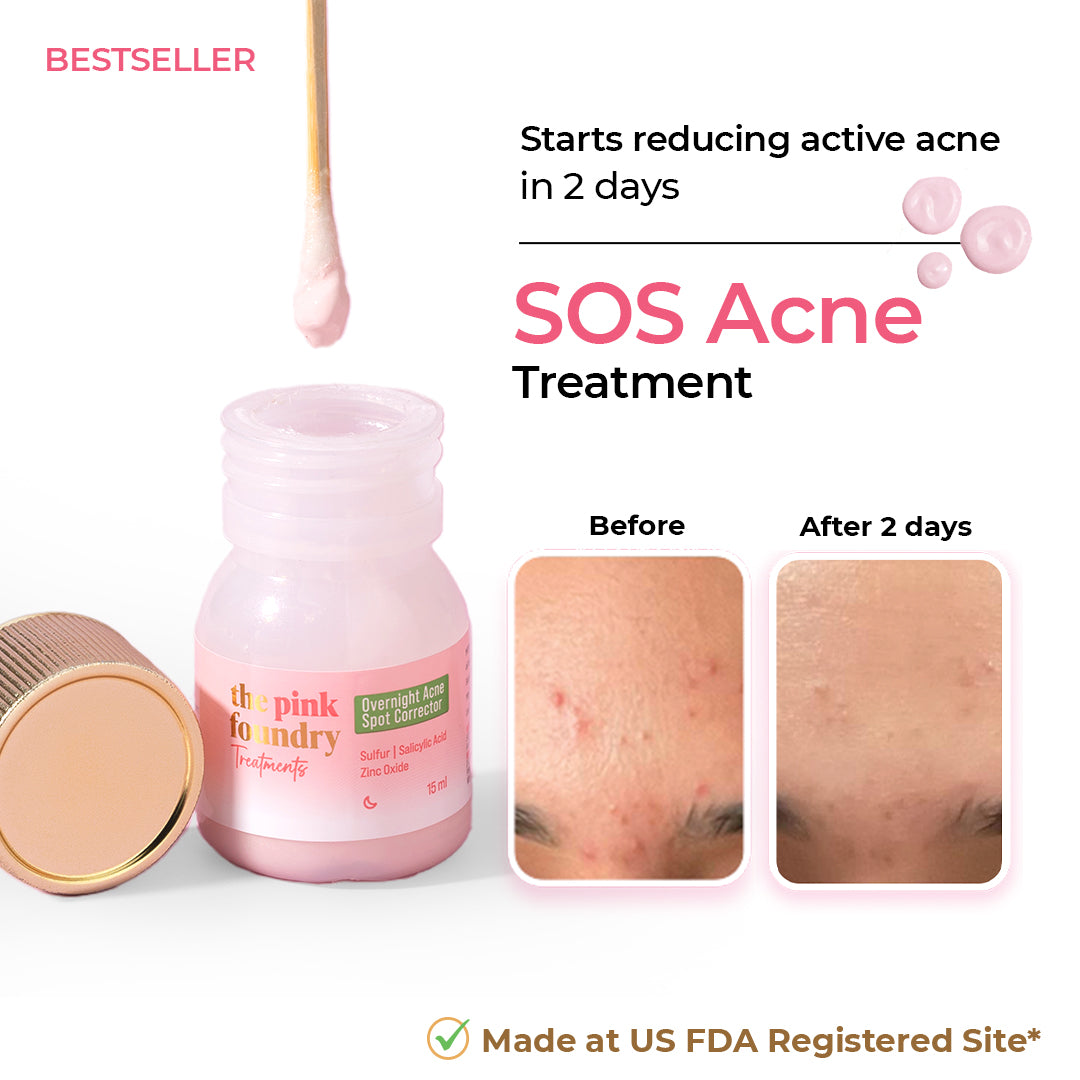
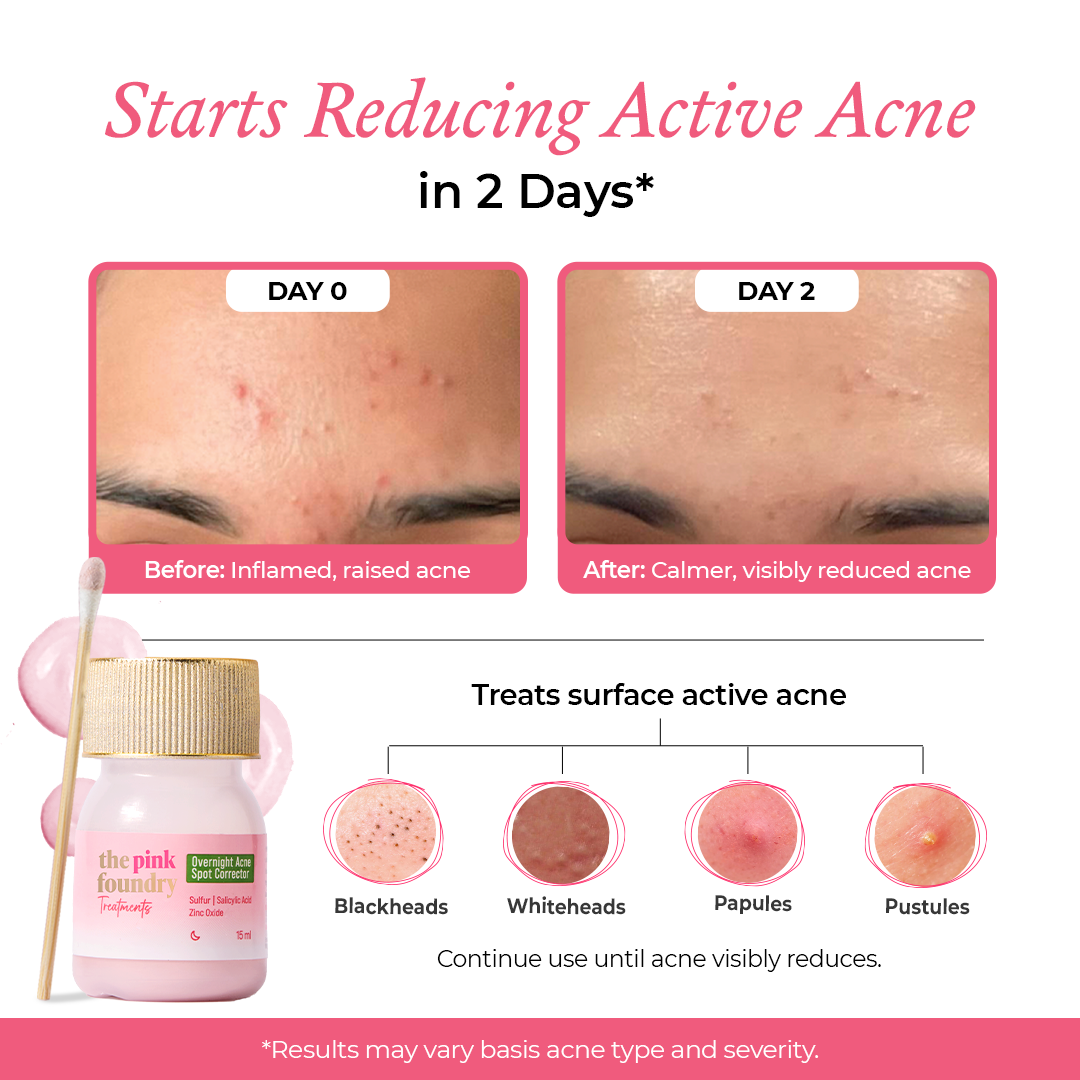








Leave a comment
This site is protected by hCaptcha and the hCaptcha Privacy Policy and Terms of Service apply.